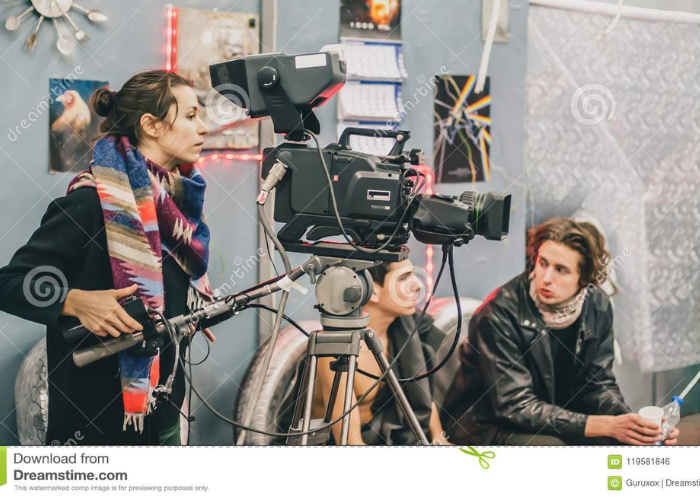Film production is an exciting and rewarding field of work that has grown significantly over the past few decades. From the big screen to the small screen, film production is an art form that has captivated audiences around the world. It is an industry that is highly creative, constantly evolving and offers a wide range of career possibilities. In this blog, we will look at the history of film production, the key components involved, the challenges faced by producers, the advances in technology and their impact on production, the types of film production professionals, and the various career paths within the industry.
History of Film Production
Film production has a long and storied history that dates back to the late 19th century. The first films were short silent films that were shown in vaudeville theaters. The first feature-length film was released in 1906 and was called “The Great Train Robbery.” From there, the film industry grew and flourished, with the introduction of sound and color, both in the 1920s. By the 1950s, television had become a powerful medium, and by the 1960s, Hollywood had become a major center for international film production.
Key Components of Film Production
Film production typically involves a number of different components, from pre-production to post-production. Pre-production includes tasks such as script writing, budgeting, scheduling, casting, location scouting, and securing financing. Production is the period when the actual filming takes place, while post-production involves tasks such as editing, sound mixing, and color correcting.
Challenges Faced by Producers
Producers face a range of challenges, from finding the right talent to dealing with tight deadlines and budgets. One of the biggest challenges is obtaining the necessary financing to make a film, which can be a long and difficult process. Additionally, producers must make sure that all the necessary permits and licenses are obtained before production can begin.
Advances in Technology & Their Impact on Production
Technology has had an immense impact on the film production process. Digital cameras, editing software, and special effects have made it easier and cheaper to produce films. Additionally, streaming services such as Netflix and Hulu have made it possible for filmmakers to reach larger audiences without having to rely on traditional distribution methods.
Types of Film Production Professionals
Film production involves a wide range of professionals, including producers, directors, writers, cinematographers, editors, sound engineers, and special effects technicians. Each of these professionals plays an important role in the production process, and often work together to create a successful final product.
Careers in Film Production
Those interested in pursuing a career in film production can choose from a variety of different paths, from producing to directing to writing. Producers are often responsible for assembling the necessary personnel and resources needed to make a film and are typically in charge of the overall project. Meanwhile, directors are responsible for overseeing the creative aspects of the production, from casting to storyboarding to editing. Other careers in film production include cinematographers, editors, sound engineers, and special effects technicians.
Conclusion
Film production is a dynamic and ever-evolving industry that offers a wide range of career opportunities. It requires a creative eye, an eye for detail, and an understanding of the technical aspects of filmmaking. Those interested in pursuing a career in film production should be aware of the key components of the process, the challenges faced by producers, the advances in technology and their impact, and the various types of professionals involved. With the right knowledge and experience, those interested in film production can have a fulfilling and successful career.





